The Art of the Base: Exploring the Importance of Makeup Powder
Related Articles: The Art of the Base: Exploring the Importance of Makeup Powder
Introduction
With enthusiasm, let’s navigate through the intriguing topic related to The Art of the Base: Exploring the Importance of Makeup Powder. Let’s weave interesting information and offer fresh perspectives to the readers.
Table of Content
The Art of the Base: Exploring the Importance of Makeup Powder

Makeup powder, a seemingly simple product, plays a crucial role in achieving a flawless, long-lasting makeup look. Its significance extends far beyond simply setting foundation, encompassing a range of benefits that contribute to a polished and confident appearance.
Understanding the Foundation of Makeup Powder
Makeup powder is a finely milled powder that is applied to the skin after foundation or other liquid products. Its primary function is to set makeup, absorbing excess oil and preventing smudging or creasing. However, the benefits of makeup powder go beyond simply setting makeup.
Benefits of Makeup Powder
-
Flawless Finish: Makeup powder provides a smooth, matte finish that blurs imperfections and creates an even canvas for makeup. This helps to create a more polished and professional look.
-
Long-Lasting Wear: By absorbing excess oil, makeup powder helps to extend the wear time of foundation and other makeup products. This is particularly beneficial in humid climates or for those with oily skin.
-
Oil Control: Makeup powder is formulated to absorb excess oil, reducing shine and helping to control oil production throughout the day. This is essential for maintaining a fresh and balanced complexion.
-
Matte Finish: Most makeup powders offer a matte finish, minimizing the appearance of pores and creating a smooth, even-toned complexion.
-
Coverage Enhancement: Some makeup powders offer light to medium coverage, allowing for touch-ups throughout the day or for creating a sheer, natural look.
-
Sun Protection: Many makeup powders contain SPF, offering an added layer of sun protection to the skin.
Types of Makeup Powder
Makeup powders are available in a variety of formulations and finishes, catering to different skin types and makeup preferences.
-
Loose Powder: Loose powders are known for their lightweight and airy texture. They offer a natural, soft-focus finish and are ideal for setting foundation or creating a sheer coverage.
-
Pressed Powder: Pressed powders are more compact and travel-friendly. They offer a more pigmented finish and are suitable for both setting foundation and providing light to medium coverage.
-
Mineral Powder: Mineral powders are made from natural minerals and are often favored for their gentle and hypoallergenic properties. They are known for their lightweight and breathable texture, making them suitable for sensitive skin.
-
Finishing Powder: Finishing powders are designed to set makeup and create a smooth, flawless finish. They are often translucent and do not offer any coverage.
-
Setting Spray: Setting sprays are a liquid alternative to powder. They are applied after makeup to help set it and prevent it from fading or smudging.
Choosing the Right Makeup Powder
Selecting the right makeup powder depends on individual skin type, makeup preferences, and desired finish.
-
Oily Skin: Oily skin benefits from mattifying powders that absorb excess oil and control shine. Pressed powders or mineral powders with oil-absorbing properties are ideal.
-
Dry Skin: Dry skin requires a hydrating powder that won’t dry out the skin further. Look for powders with moisturizing ingredients or choose a loose powder for a more natural finish.
-
Combination Skin: Combination skin requires a powder that balances oil control and hydration. Look for a powder with a lightweight texture and a matte finish.
-
Sensitive Skin: Sensitive skin needs a gentle powder that is free of irritants. Mineral powders are a good choice for sensitive skin.
-
Mature Skin: Mature skin may benefit from a powder with a luminous finish that helps to brighten the complexion. Look for powders with light-reflecting particles or a satin finish.
Tips for Applying Makeup Powder
-
Start with a Clean Canvas: Cleanse and moisturize the skin before applying makeup powder. This ensures a smooth and even application.
-
Use a Brush: Use a large, fluffy brush to apply powder. This helps to distribute the powder evenly and prevent it from looking cakey.
-
Apply in Thin Layers: Apply powder in thin layers, building up coverage as needed. This prevents the powder from looking heavy or unnatural.
-
Focus on the T-Zone: For oily skin, focus on applying powder to the T-zone (forehead, nose, and chin). This helps to control shine and prevent makeup from breaking down.
-
Set Makeup: Apply powder after foundation and other liquid products to set the makeup and prevent it from smudging or creasing.
FAQs About Makeup Powder
Q: Can makeup powder be used on its own?
A: While some makeup powders offer light to medium coverage, they are generally not meant to be used on their own. They are designed to set makeup and provide a smooth, even finish.
Q: How often should I reapply makeup powder?
A: The frequency of reapplying makeup powder depends on your skin type and the climate. Oily skin may require reapplication throughout the day, while dry skin may only need to reapply once or twice.
Q: Can I use makeup powder on my eyelids?
A: Yes, you can use makeup powder on your eyelids to set eyeshadow and prevent creasing. However, it’s important to choose a powder specifically designed for the eyelids, as some powders may contain ingredients that can irritate the eyes.
Q: Can I use makeup powder on my lips?
A: While some people use makeup powder on their lips to set lipstick and prevent it from bleeding, it’s not recommended. Makeup powder can be drying to the lips and may lead to flaking.
Q: How do I know if I’m using too much makeup powder?
A: If your makeup looks cakey or unnatural, you’re likely using too much powder. Start with a small amount and build up coverage as needed.
Q: Can I use makeup powder as a bronzer?
A: While some makeup powders offer a light bronzing effect, they are not meant to be used as a primary bronzer. Bronzers are typically formulated with pigments that create a more natural-looking tan.
Conclusion
Makeup powder is an essential tool for achieving a flawless and long-lasting makeup look. Its ability to set makeup, control oil, and create a smooth, even finish makes it a staple in any makeup bag. By understanding the different types of makeup powder and choosing the right one for your skin type, you can create a polished and confident look that lasts all day.
![]()
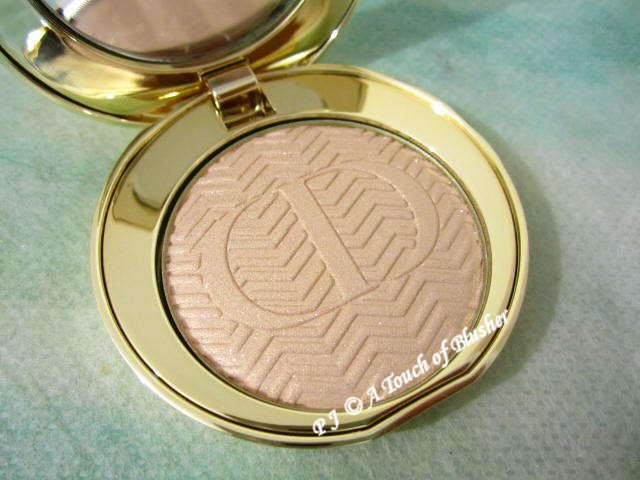
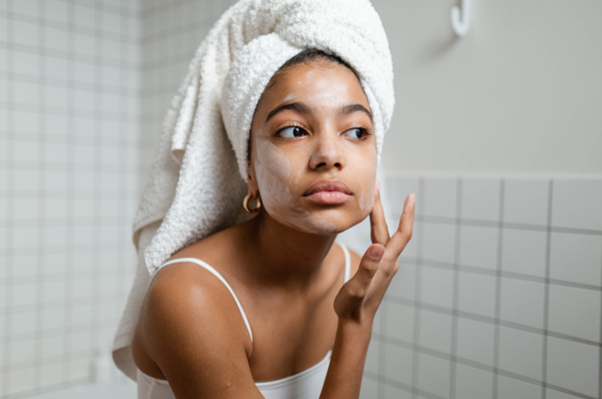

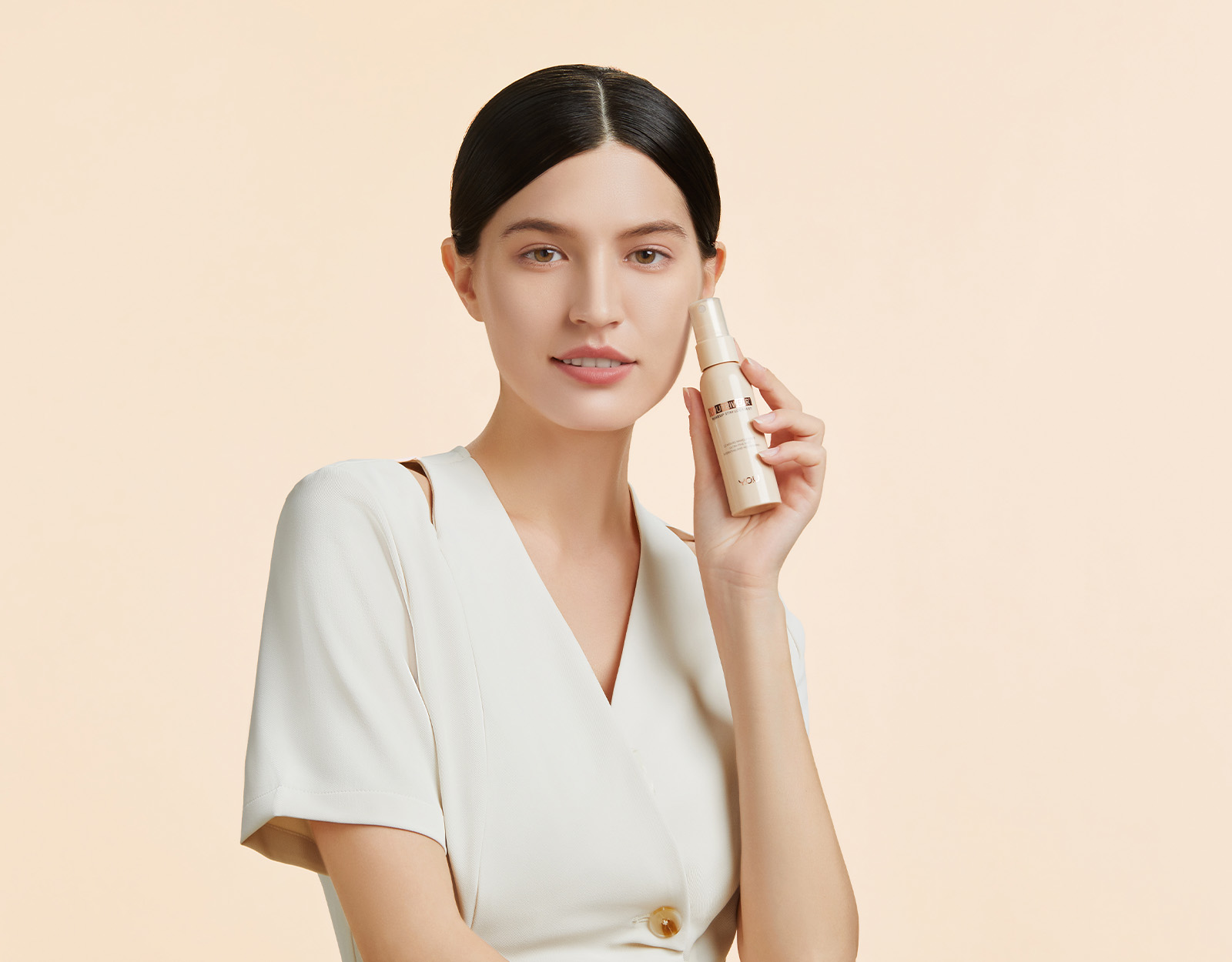
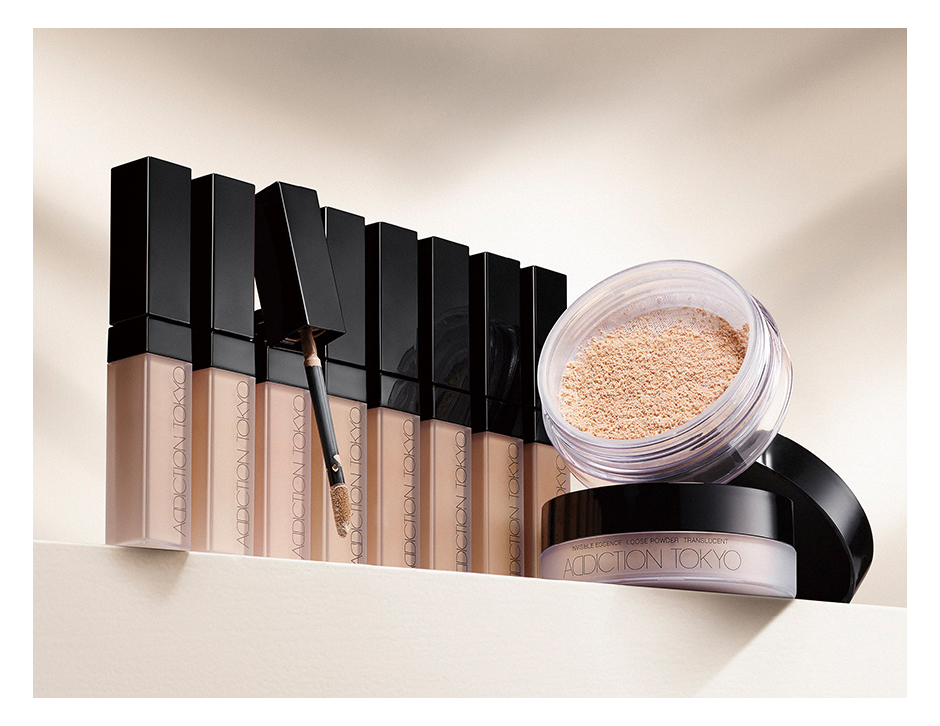
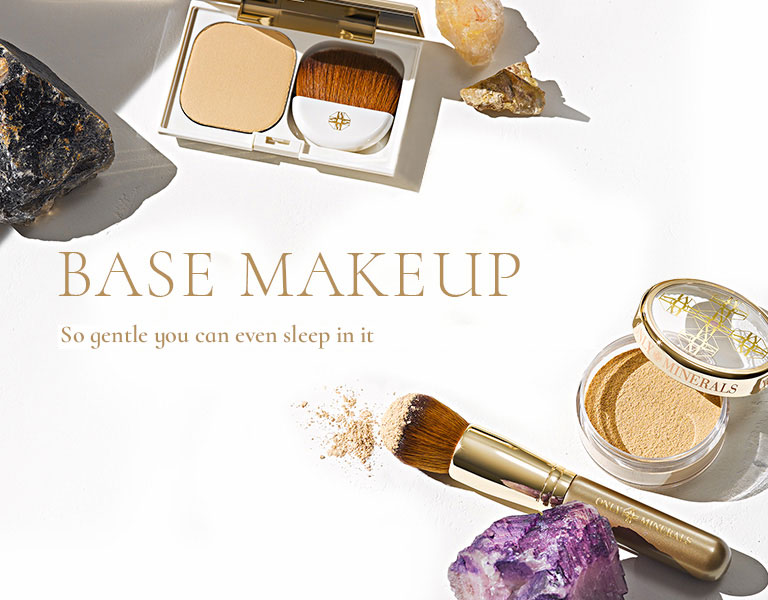

Closure
Thus, we hope this article has provided valuable insights into The Art of the Base: Exploring the Importance of Makeup Powder. We hope you find this article informative and beneficial. See you in our next article!